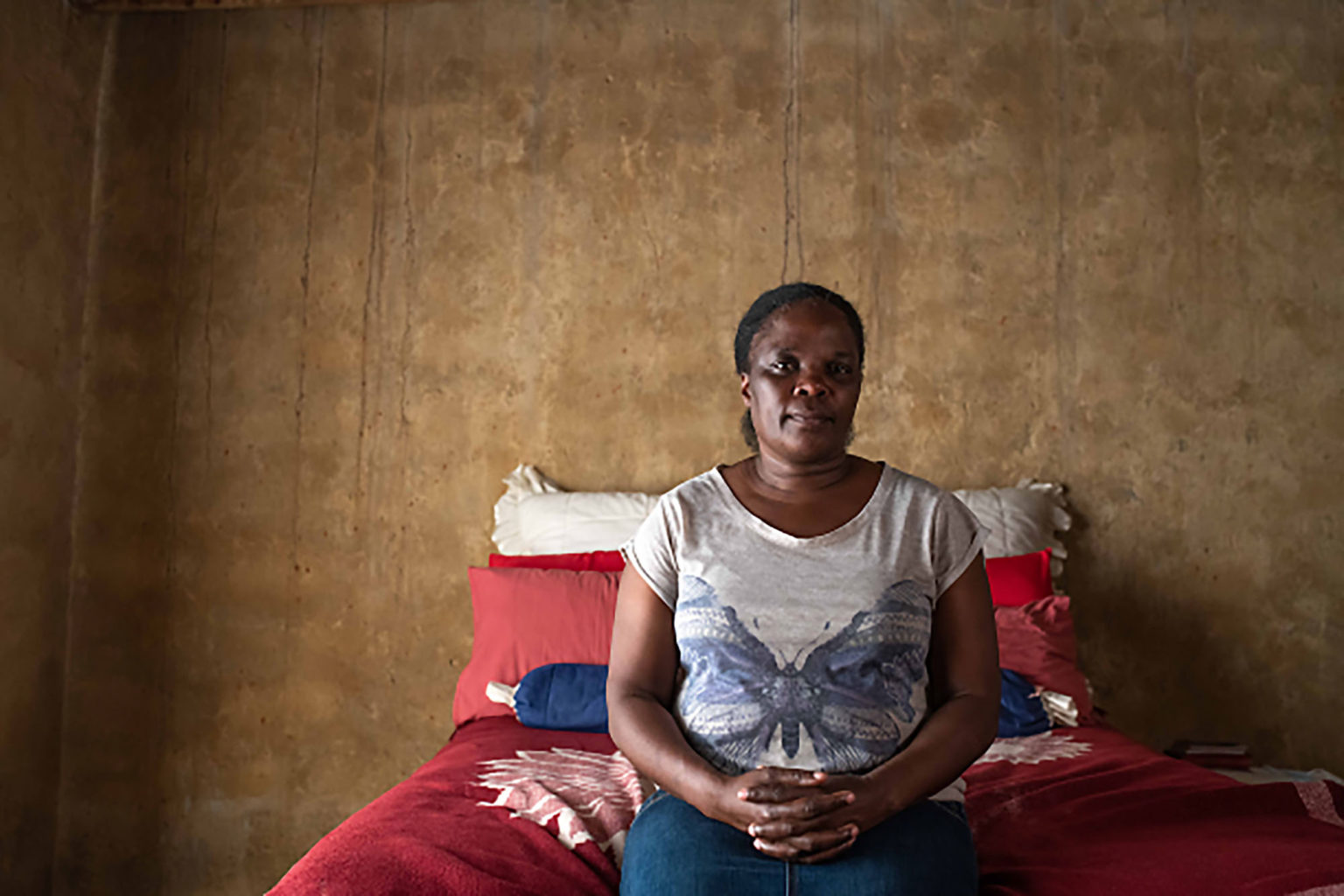
Promise Mabilo
Section 24a of the Constitution of the Republic of South Africa declares, “Everyone has the right to an environment that is not harmful to their health or well-being.” Everyone means, or should mean, everyone. For decades, coal mining and coal-fired power plants have turned the Mpumalanga Highveld into the site of the most polluted air in the world. Two years ago, Greenpeace reported that the area was the world’s largest power plant emission hotspot. In 2007, the South African government created the Highveld Priority Area to respond to the deadly situation. Nothing changed. If anything, the air became more deadly. This year, women in Mpumalanga, most of them members of the Vukani Environmental Justice Movement in Action, decided enough was already way too much, and, with another environmental justice organization, groundWork, sued the South African government. The women declared they knew what was happening to their children, neighbors, community, and to themselves, and they said that they had pushed every other way conceivable and now, it was time for the South African government to abide by its Constitution. Everyone has the right to an environment that is not harmful to their health or well-being. Everyone means everyone. The case is known as the “Deadly Air” case. In May, the Pretoria High Court heard the case, and the decision could come out any day.
After the case was heard, Promise Mabilo, coordinator of Vukani Environmental Justice Movement in Action and one of the claimants, explained, “For me, this case is very important because people around the Highveld are really suffering. I have a son who is suffering from asthma and I feel the pain when I look at him. His childhood had limitations because he couldn’t play with other children, run around or carry heavy objects. I also noticed his school performance dropping because he wasn’t attending school regularly as he would be sick for one week then be okay the next …. The more I see the results of breathing in this polluted air and the people I live with in the community who are also sick and suffering from asthma, I feel abused and violated because I know what the cause is … We wish for the government departments to work together with other departments, such as the Department of Health. We do not just want compliance from the polluters because once we get sick, we even struggle to get proper healthcare because we don’t have money.”
Mbali Vosmang added, “I live with my two children. Princess is seven, and Asemahle is three years old. When they were born, they were not sick but since living Emalahleni, we have become sick. It is very tough to sleep in hospitals due to COVID-19. The beds are full, and our children are put on oxygen tanks from the bench. The Deadly Air case is very important because I do not want others to continue to suffer the same issues as we do.”
When the government tried to explain that cleaning up an area takes time and that the claimants, majority women, were being emotional rather than rational, their attorney, Steven Budlender, responded, “The Constitutional Court has spoken with great force and passion about the need to … make a difference in ordinary people’s lives, and when you speak about 10 000 deaths of predominantly poor people in an area, that’s not emotional, it’s not irrational. It is the fact and the facts give rise to a constitutional violation.”
The facts give rise to a constitutional violation. The women of the Mpumalanga Highveld know the cause of the rampaging death in their communities. It is the air and it is the refusal of the State to care sufficiently. A state that can save its airline industry and its tourist industry is able to address the deadly air, produced by mines and power plants, in its rural areas. In Mpumalanga, in the northeast of South Africa, the women want the world to know, everyone has the right to an environment that is not harmful to their health or well-being. The women want the world to know, everyone means everyone.
(By Dan Moshenberg)
(Photo Credit: Daily Maverick / Daylin Paul / Life After Coal)